Hundreds of investors and entrepreneurs are descending on Tallinn this week for Estonia’s flagship startup technology festival, Latitude59; Adam Rang spoke to some of the key players on their way and discovered their focus is more longitudinal than ever before, as pan-Baltic and Ukrainian cooperation takes centre stage.
The name Latitude59 reflects the era in which it was born, aiming to help position Tallinn as part of a proudly northern startup scene stretching from Oslo to St Petersburg, with connections circling the globe.
It was genius marketing – although with real substance too.
At the centre of that imaginary line were the only two cities in the wider region then producing unicorn startups: Stockholm and Tallinn, soon to be followed by Helsinki.
In fact, unicorns were so rare when Latitude59 first took place in 2012 that there wasn’t even a name for how rare they were.
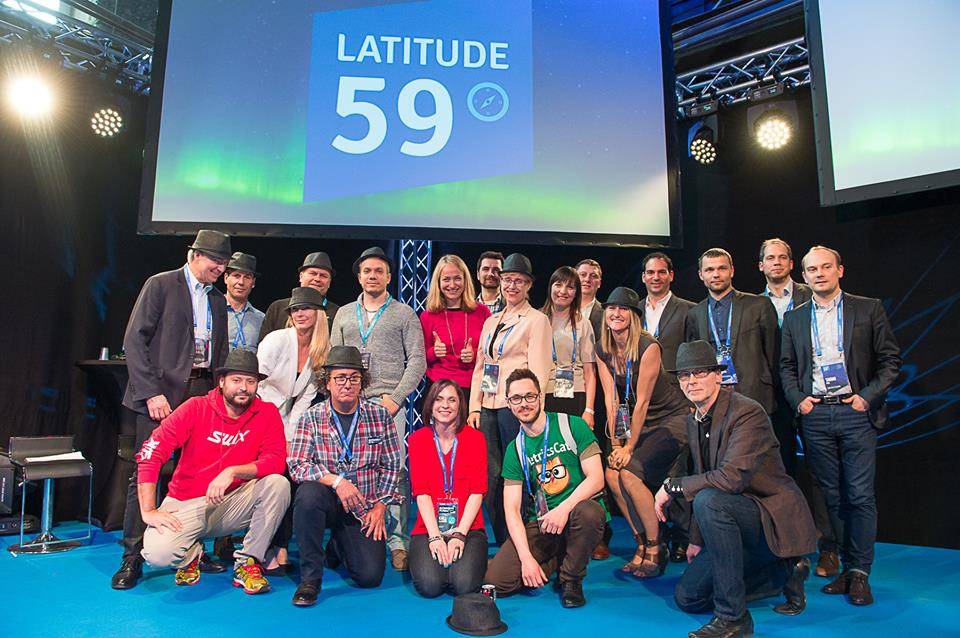
But angels were watching over Estonia, and suddenly miracles were possible if you had a crazy idea. Following the success of our now dearly departed Skype, Tallinn and Stockholm were awash with new angel capital, connections and ambition to build more billion-dollar-plus startups.
Pipedrive and TransferWise (now Wise) were just about to get their seed funding, while a high school student fed up with local taxis would soon be pitching drivers on something called mTakso – now known as Bolt.
No one was calling themselves an e-resident yet, but Estonia’s digital IDs were already a decade old, and international media coverage of Estonians voting and filing taxes online was contributing to a halo effect around Estonian technology.
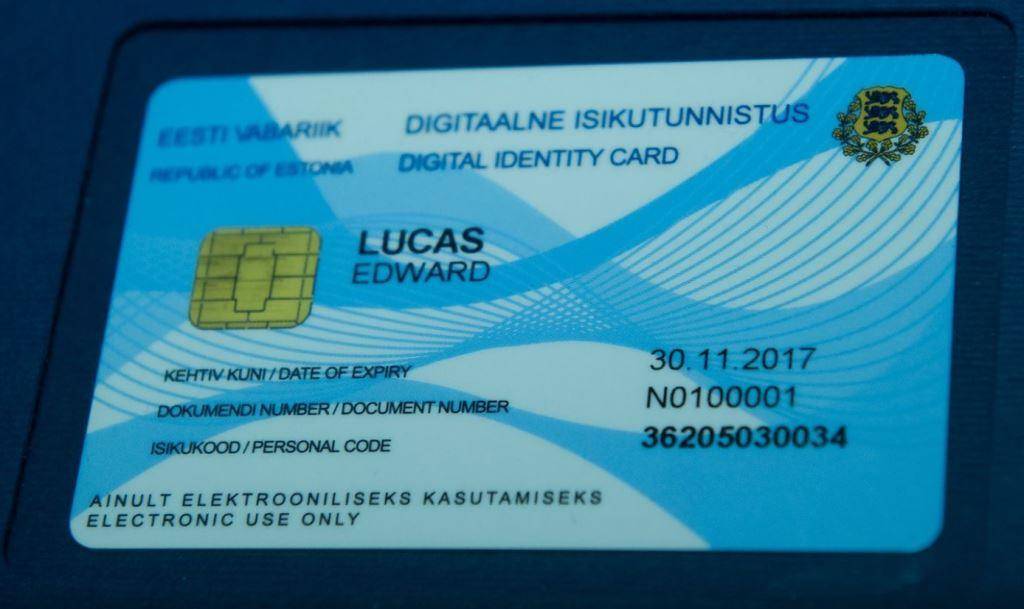
Spurred on by the state and a Stockholm-born president, Toomas Hendrik Ilves, Estonia was quickly throwing off old Eastern Bloc stereotypes and reintroducing itself to the world as an innovative, dynamic and distinctly northern nation, with a trustworthy business environment to match its Nordic neighbours.
To elevate this further, an existing conference called ITechLaw Tallinn – an offshoot of a Silicon Valley-led conference mostly attracting lawyers – was repurposed and rebranded to take on that wider role for Estonia’s startup community. Latitude59 was born.
Baltic investors are uniting
Fast forward 13 years and Estonia’s development as a startup hub has, in many ways, been an overwhelming success – even though the idea of a regional startup scene stretching to include St Petersburg certainly proved a non-starter.
Instead, Latitude59 has gone far more global, now with an annual event in Kenya too. And, following a few years of rising pan-Baltic and Ukrainian cooperation in particular, this year’s Latitude59 in Tallinn is looking more longitudinal than ever.

For the first time, the main angel investor networks of Estonia, Latvia and Lithuania – EstBAN, LatBAN and LitBAN – are working in unison to evaluate startups for the Latitude59 pitch competition, and will jointly invest around half a million euros in their chosen winners.
“The top teams were a consensus across the BANs, so I think the key things angels are looking for are very similar in our region,” said Karin Künnapas, managing director at EstBAN. “I hope this pan-Baltic syndicate will lead to more joint cross-border investments for our angels.”
It follows a particularly challenging year for startups, with fewer new founders emerging both in the Baltic countries and across Europe.
Latitude59 CEO Liisi Org points out, however, that the quality of new startups remains high. The pitch competition was so fierce that they added an extra spot for six chosen finalists and decided to bring back the full top ten to pitch to the roughly 700 investors attending this year. It’s not uncommon for startups who lose out in the pitch competition to still attract investment offers shortly after their exposure at Latitude59.
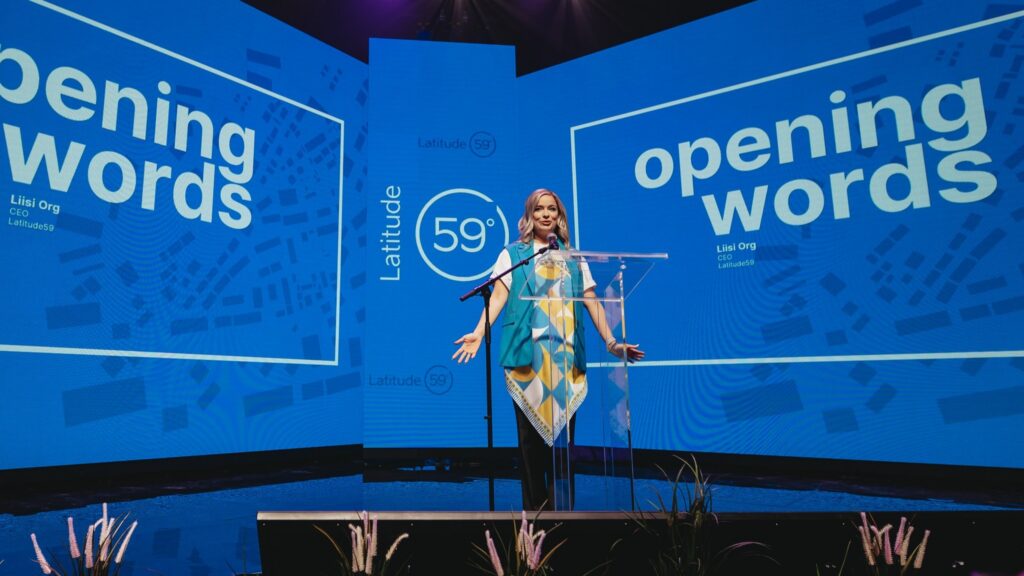
Among those roughly 700 investors attending this year, many more are keen to support this rising sense of a pan-Baltic startup scene.
“Funds are increasingly building teams across all three countries as the Baltic startup ecosystem matures and collaborates more,” says 3VC partner Eva Arh.
Vienna-based 3VC invests in early-stage startups across Europe and is active in the Baltic countries. They have, for example, supported multiple rounds of investment into Tallinn-based AI negotiation software Pactum, which is rapidly scaling with new hires from Latvia and Lithuania too.
Arh, who is herself Latvian, says there are now more shared deal flows among Baltic investors, and they are increasingly seeing founder teams comprising Estonians, Latvians and Lithuanians, such as Salesforge and Saltz.app.
“The Baltic countries often like to make fun of each other, but we do also respect each other, and we have strengths and shared traits that can be leveraged for startup success,” adds Arh. “Current geopolitical affairs have also brought us closer than before. When we meet at events in the Baltics, we’re often talking about the same topics and on the same wavelength – in a way you won’t always find elsewhere.”
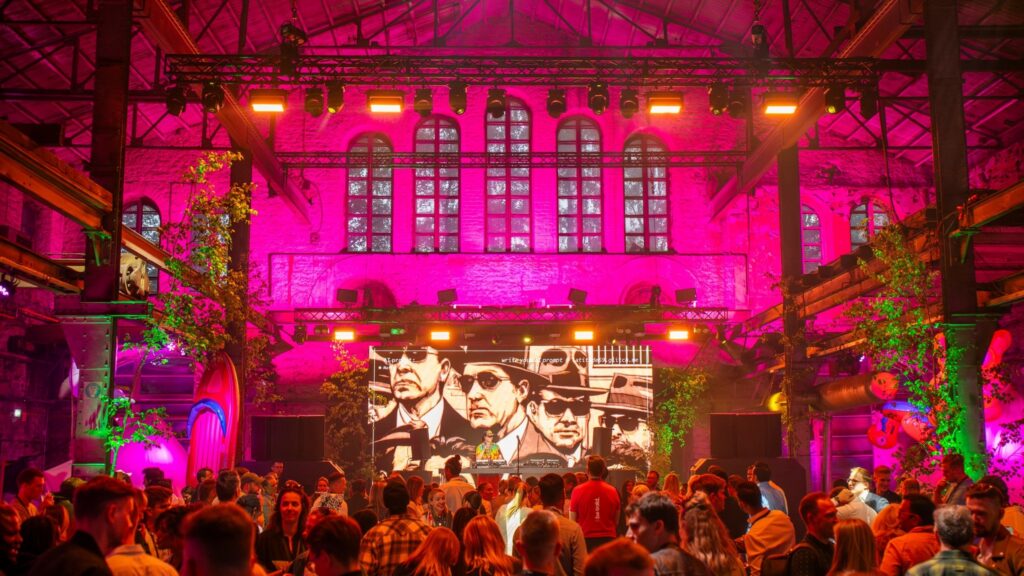
In the third year of Russia’s full-scale war of aggression against Ukraine, one sector very noticeably on the rise is, of course, defence tech – and some of the most promising solutions are coming from Ukrainian and Baltic teams, often mixed between them with a strongly shared understanding of the threats that Europe must counter.
Both Org and several investors pointed to this as a significant factor in accelerating cross-border cooperation across Europe, but also stressed that it’s broader than that – there is still a huge diversity of smart new solutions being developed across every sector in the Baltic countries.
Raimonds Kulbergs is CEO of the Latvia-based BADideas Fund, which unites more than 250 angel investors around the world with a specific focus on supporting ambitious Baltic and CEE startups.
“Baltic founders are increasingly thinking global from day one – and working across the region by default,” says Raimonds, who also points to Salesforge as a great example. “They can hire in Vilnius, raise in Riga, and incorporate in Tallinn. We’re seeing a real cross-Baltic builder community take shape. I’d like to think BADideas.fund has played a role in that.”
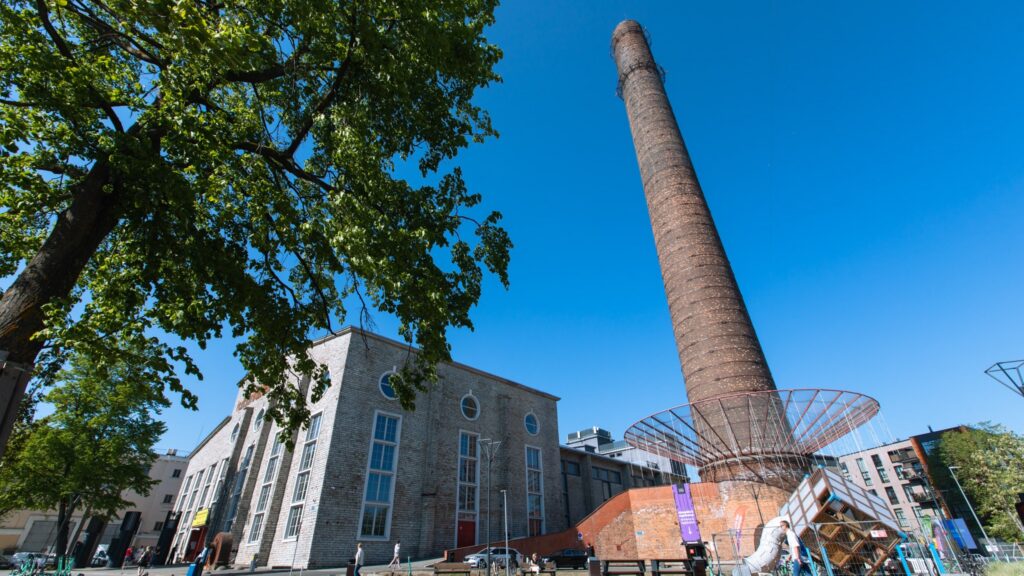
Vaido Mikheim, head of Startup Estonia, says they are happy to see Baltic business angel networks uniting – but that this is the continuation of wider Nordic-Baltic collaboration that has been building for a long time.
“We hope to see even more of that in future because our goal is not to find out who is the Best Baltic Country Of Them All, but to have a strong presence in global markets.”
An ever-evolving ecosystem
Priit Salumaa was the main organiser of the very first Latitude59 and is now building the healthtech startup Better Medicine. He says he sees increasing pan-Baltic cooperation, although it is currently still largely in silos within different sectors. Latitude59, as the main spring startup event for the Nordic and Baltic region, is still crucial for developing stronger ties between investors and founders alike.
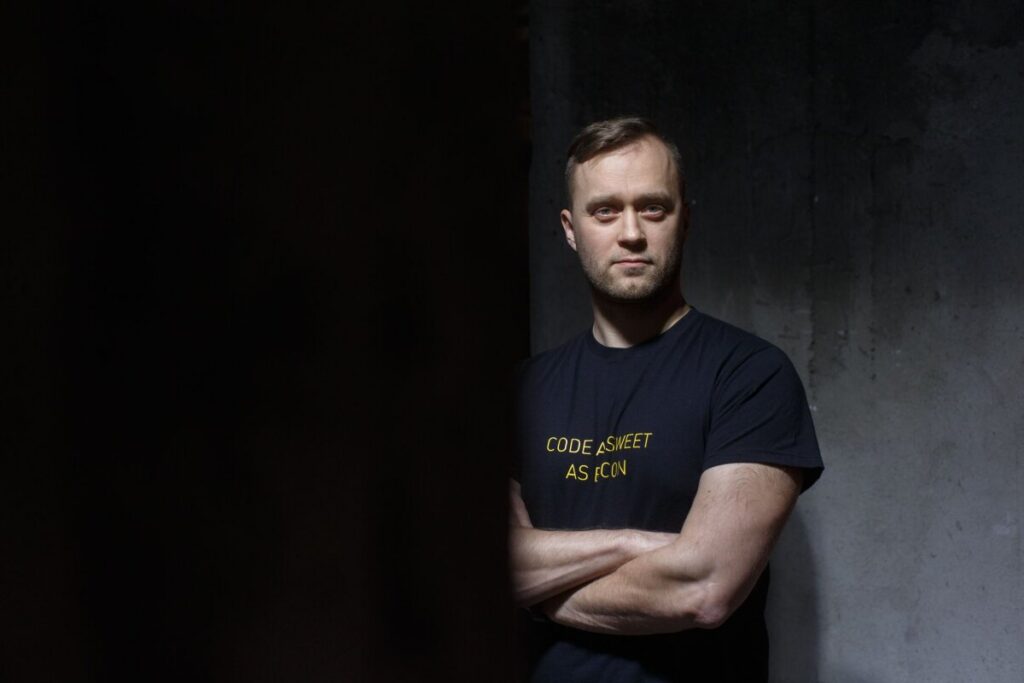
Tarmo Virki, a journalist and startup entrepreneur who has attended almost all Latitude59s since the start, emphasises that these are particularly challenging times for startups, and the sector slowdown is making investors more cautious and steering them further towards defence tech.
“Regarding the Baltic startup scene, while investor collaboration across the three countries is evident, its broader cohesion is something I’ve questioned this spring. There doesn’t appear to be a deeply integrated Baltic scene beyond this investor network.”
For a stronger pan-Baltic startup scene to emerge, Virki says that more founders in each country need to attend each other’s events and get to know one another.
Annika Ljaš Eilat, former CMO of Latitude59, played a key role in shaping the conference into what it is today – including moving it inside the former Tallinn Central Power Station after it was newly revamped as the creative hub, Kultuurikatel.
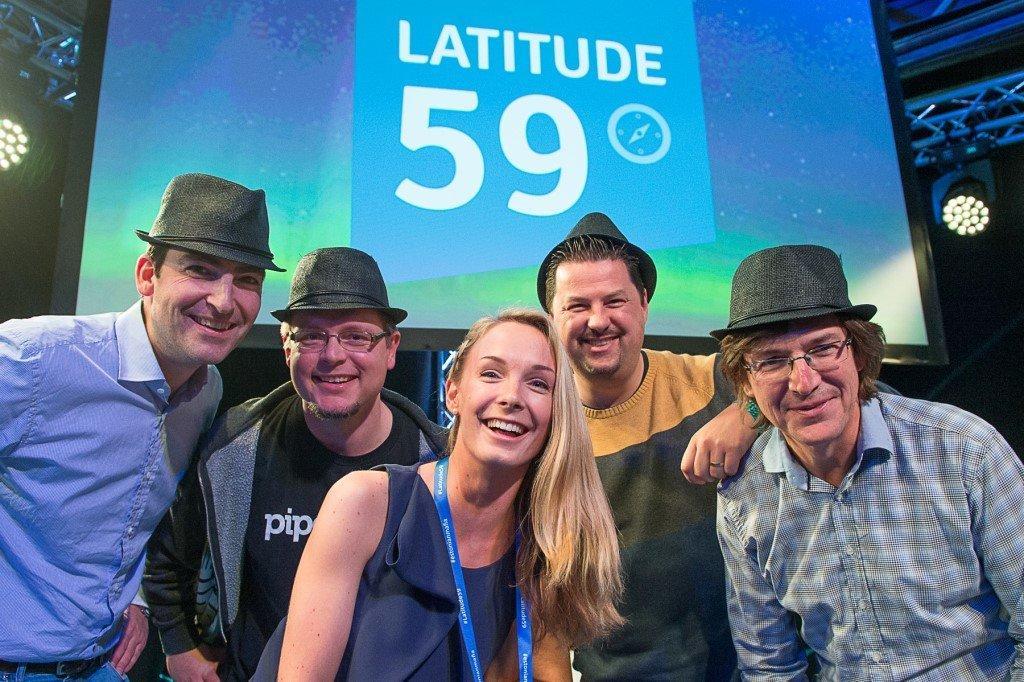
Ljaš says there is much more collaboration happening as a result of both the war against Ukraine and the broader economic slowdown. However, she emphasises that the most important factor for increasing cross-border cooperation – above investor ambitions – is trust.
Estonia got its early start by quickly carving out a transparent and trusted business environment on par with its Nordic neighbours, facilitating flows of investment. This, says Ljaš, is what first needs to keep expanding in order to build stronger cross-border startup communities.
Reflecting on the past 13 years, Ljaš says the Estonian ecosystem has now fully grown up.
“It’s not enough to just have a flashy idea anymore,” she says. “Investors have become more grounded too. They’re prioritising real traction, strong teams, and technical depth over buzzwords and hype.”
“If you’re starting something today, you’re likely doing it with serious intent – not just experimenting for the sake of it or throwing ideas at the wall to see what sticks. And that shift in mindset is pulling in top talent. People want to work on things that matter, whether that’s AI, cybersecurity, or solving real-world problems with sustainable tech.”
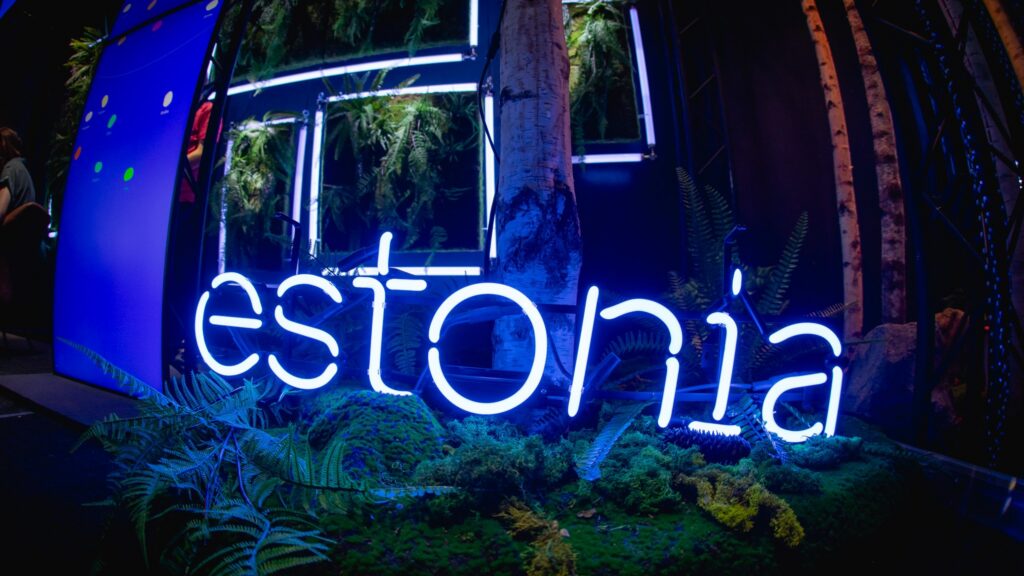
Ljaš praised current Latitude59 CEO Liisi Org and her team for keeping the conference relevant and exciting as times change – a sentiment echoed by others.
Gone is the grand stage in the main hall, now taken over by exhibiting startups. Stage sessions and other events are more decentralised, creative, and collaborative. Self-promotion often gives way to a more humble authenticity. In one session, founders are invited to present their real problems for everyone to scrutinise and offer frank advice.
Estonia’s own national branding – supported at Latitude59 by numerous state agencies such as e-Residency and the Estonian Investment Agency – has also matured. It’s more widely recognised and more confident.
There is slightly less insistence on being Nordic and less boasting about being the Silicon Valley of Europe. Estonia is the Estonia of Europe – with its own unique strengths, and challenges.
Those growing ties between investors and founders across the Baltic countries, Ukraine, and beyond are increasingly part of that strength.

